Spectrum Diversity Accelerating Multi-Band Antenna Deployment
LTE's worldwide influence extends to all global regions. There were 263 commercial LTE networks since January 2014 and it has been estimated that by the end of 2014, there will be a total of 350 commercial LTE networks. Table 1 lists the available spectrum of LTE networks in different regions.
Table 1 LTE spectrum allocation globally
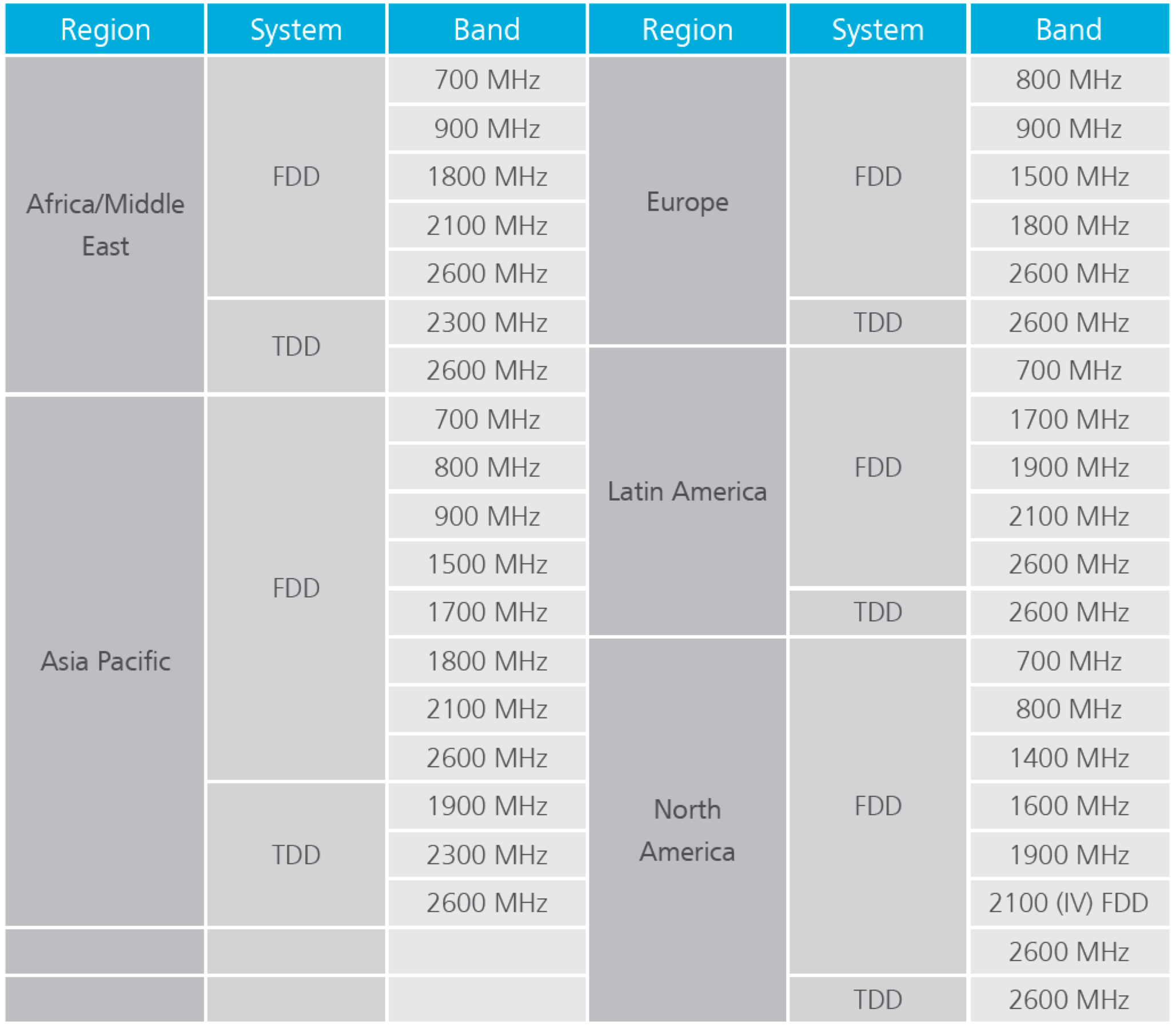
Meanwhile, to meet requirements for the coexistence between LTE and GSM/UMTS networks , each site requires multiple bands for coverage. Based on the traditional antenna deployment solution, new antennas need to be added for newly added bands. However, it is difficult to add antennas due to the following reasons:
· Tower installation space and tower load are limited, and building roof rental fees are high.
· Based on the policy and legislation in some regions, different operators must share antennas for their multiple systems.
To meet the challenges, operators need multi-band, and ultra-broadband antennas. Early published data by ABI Research shows that in the next five years, shipments of multi-band antennas will be rapidly grown, from approximately 30% in 2014 to 70% in 2018, while shipments of single-band antennas will decline by at least 60% (see figure 1).
Figure 1 LTE antenna world market forecast @ ABI Research, Jan 2014
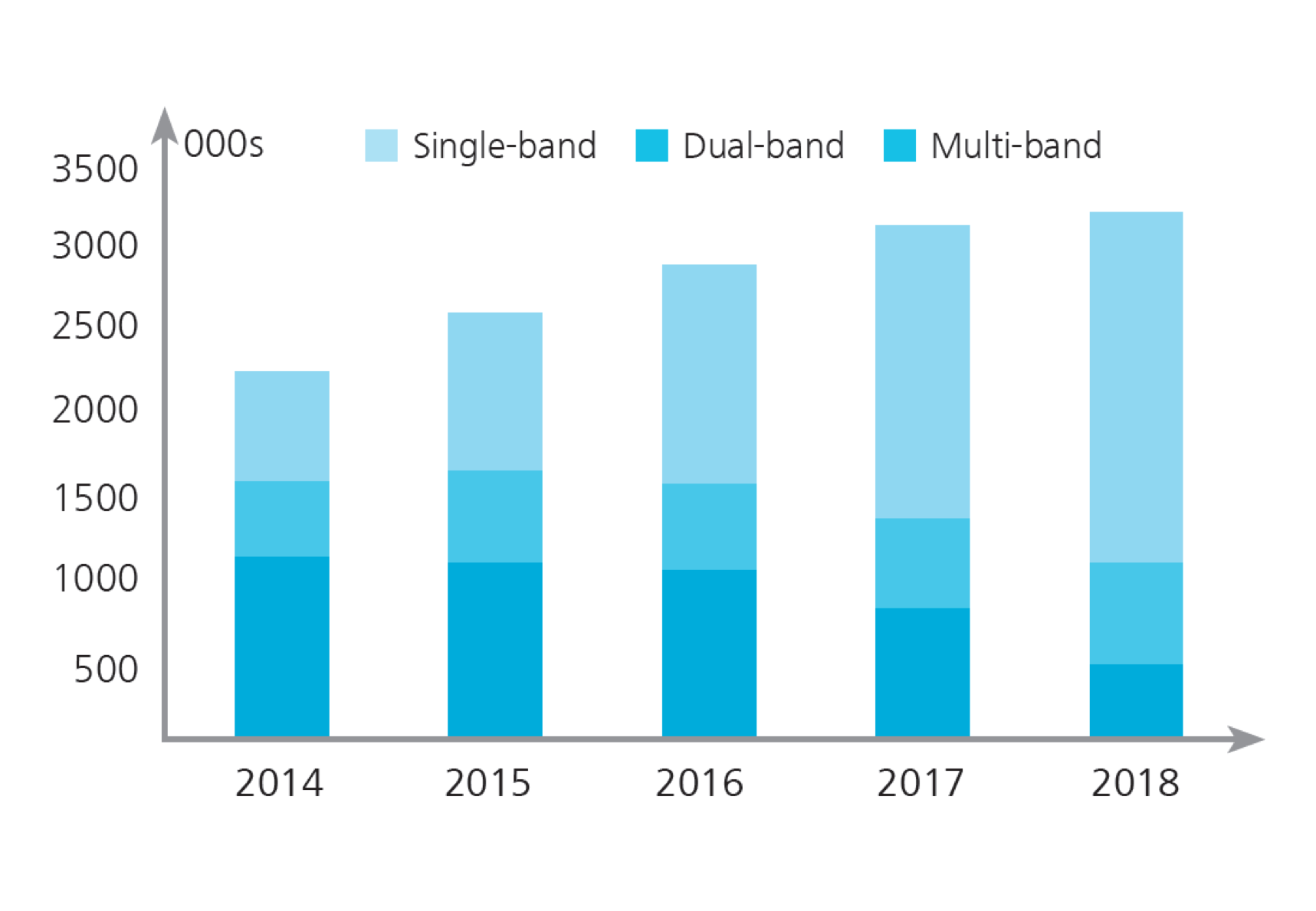
Multi-Band and Ultra-Broadband Antenna Overview and Values
Signalplus's full series LTE antennas support multi-band designs, including dual-band, triple-band, quad-band, and penta-band. Meanwhile, considering the dispersion of LTE frequency, Signalplus's series of LTE ultra-broadband antennas also support the industry's widest frequency range. Low frequency ultra-broadband antennas support 690 MHz to 960 MHz bands, covering all the mainstream LTE 700/800/900 MHz bands. Signalplus's high-frequency, ultrabroadband antennas support 1710 MHz to 2690 MHz bands, covering mainstream LTE 1800/1900/2100/2300/2600 MHz bands.
· One-time deployment reduces the overall investments, such as rent fees, equipment costs and management costs (see figure 2).
· New antennas are not required, solving the problem of lack of site space and enabling different operators to share one system. Each band can be tilted separately (see figure 3).
· Ultra-broadband antennas support evolution in future (see figure 4).
Figure 2 Investment comparison
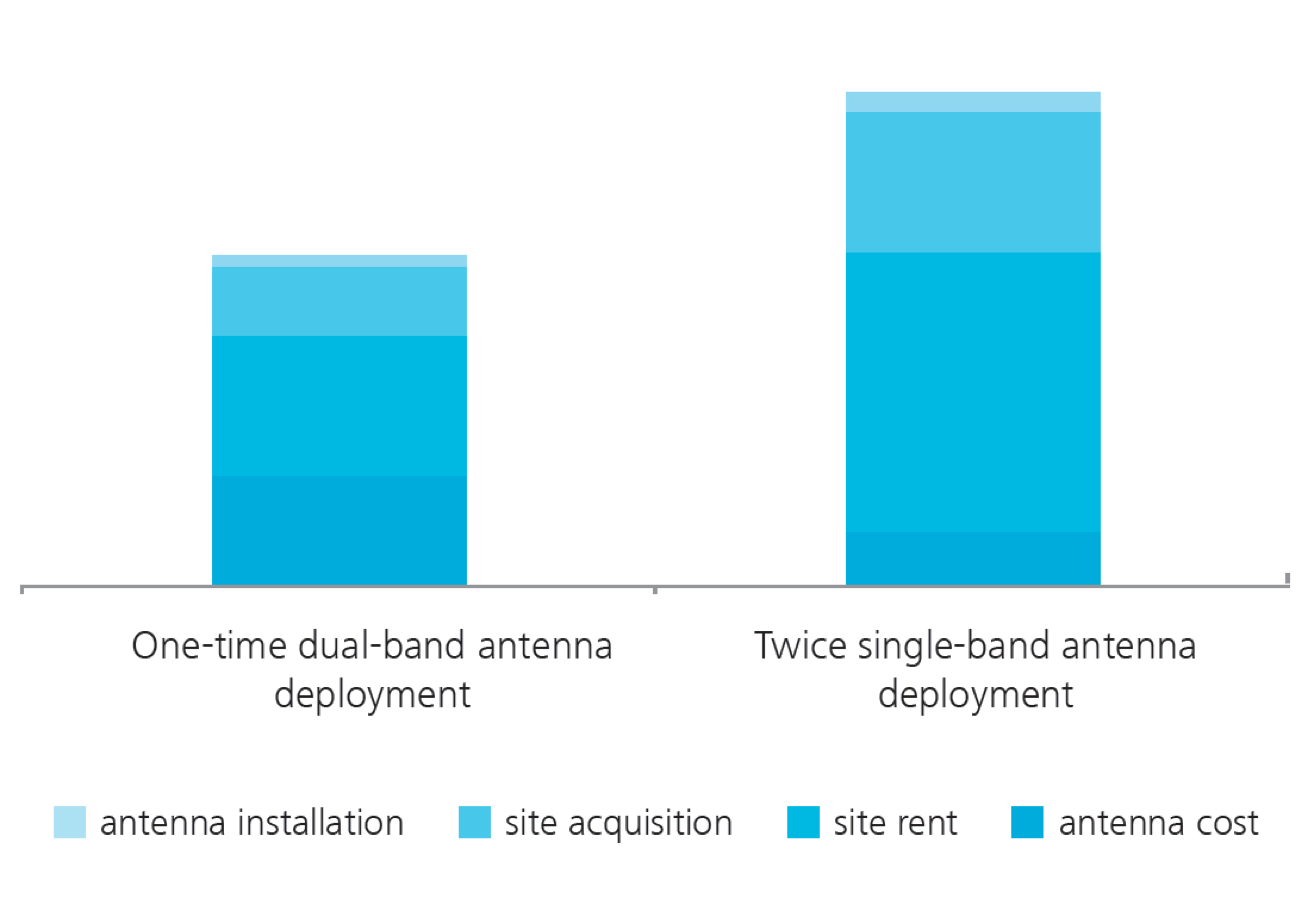
Figure 3: two operators share one penta-band antenna A: Operator A B: Operator B
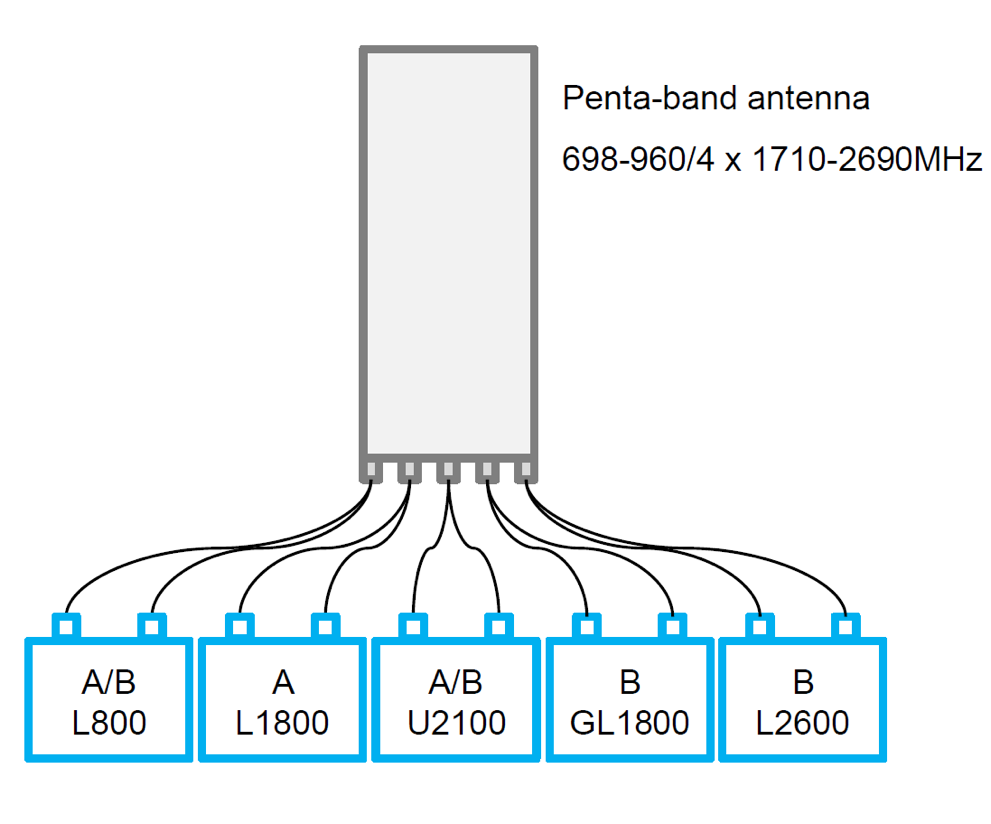
Figure 4: Ultra-broadband support evolution for L2600
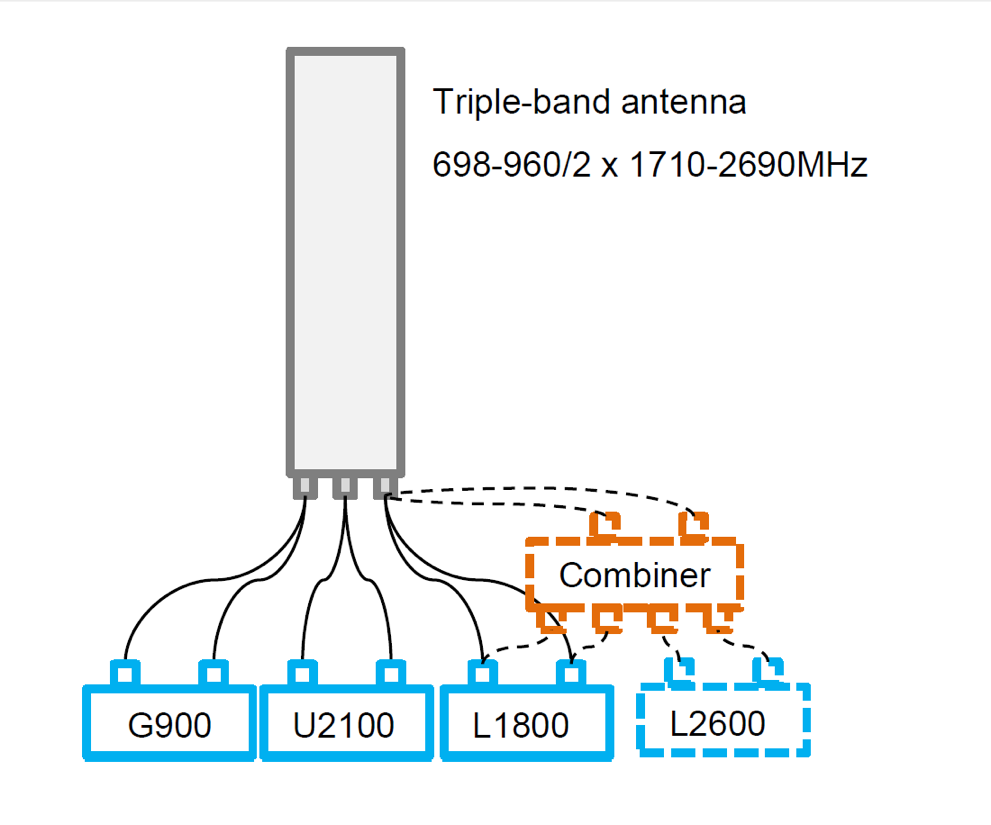
Tel: 86-755-84076381
Mobile:+86-13760321993
E-mail: signalplus@163.com
URL: http://www.signalplus.cn
Address: No. 119, Jinchang Building, No. 11, Dengfeng St., Pingdi Subdistrict, Longgang District, Shenzhen, Guangdong, China (Mainland)